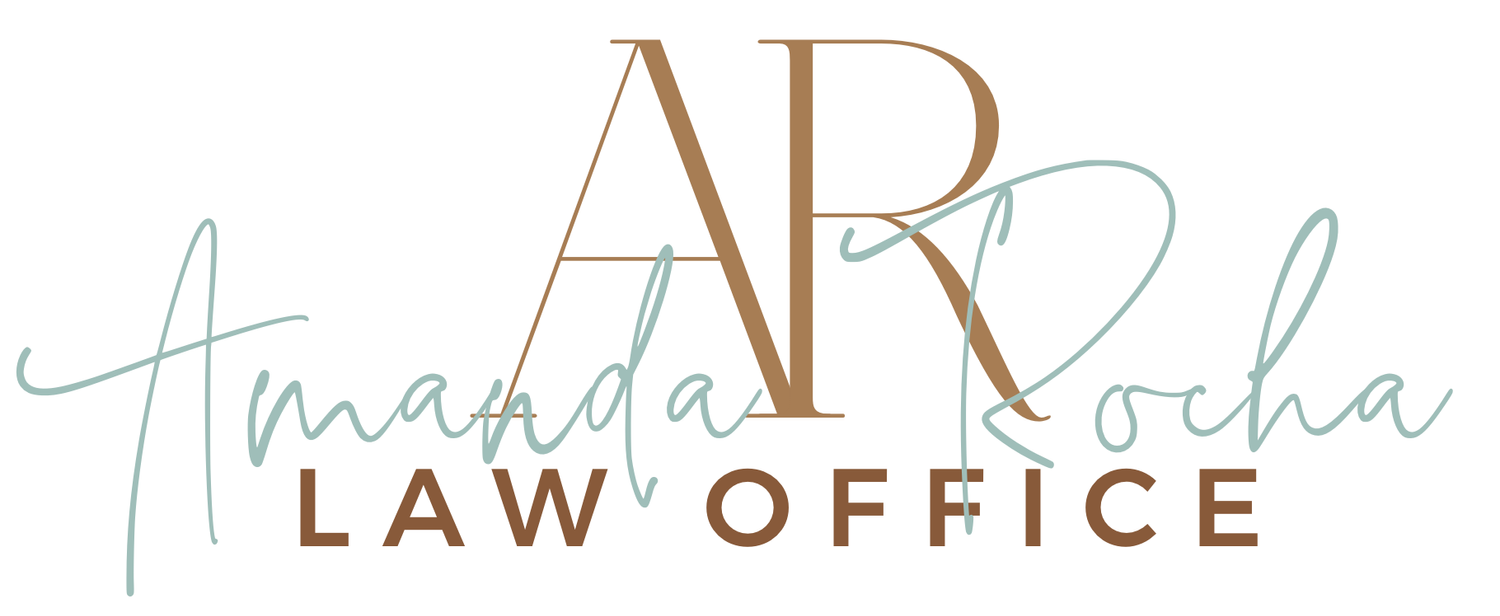Frequently Asked Questions
Q 1
What is an Estate Plan?
An estate plan consists of several documents to ensure you, your family, and your assets are cared for during your incapacity or after death including: Wills, Trusts, Durable Powers of Attorney, Advanced Healthcare Directives, HIPAA Releases, Guardian Declarations, and Conservator Declarations.
Q2
What is a Will?
A will is a document that designates beneficiaries for your assets after death. Read more about wills in depth here.
Q3
What is a Trust?
A trust is a document that holds title to property on your behalf during your lifetime and provides for what happens to it both during your lifetime and after your death. There are many kinds of trusts. To read more, click here.
Q4
What is an Advanced Healthcare Directive?
An Advanced Healthcare Directive is actually two documents. First, it is a healthcare power of attorney. That gives someone the power to make healthcare decisions on another’s behalf. The second document is a living will. That document contains one’s healthcare wishes and is given to medical personnel in case that person is unable to speak for themselves. To learn more about an AHCD, click here.
Q4
What is a Durable Power of Attorney?
A durable power of attorney is a document that gives someone the power to make non-healthcare related decisions on another’s behalf. It can be general or limited. To learn more about a power of attorney, click here.
Q5
Who needs an Estate Plan?
Everyone over the age of 18 needs some kind of protection, but not everyone needs it all. Did you know that when someone turns 18 their parents no longer have the ability to speak with a doctor about their healthcare? That means if there is an unfortunate accident, they cannot make decisions without a court order unless they have certain estate planning documents filled out. Click here to learn more.
